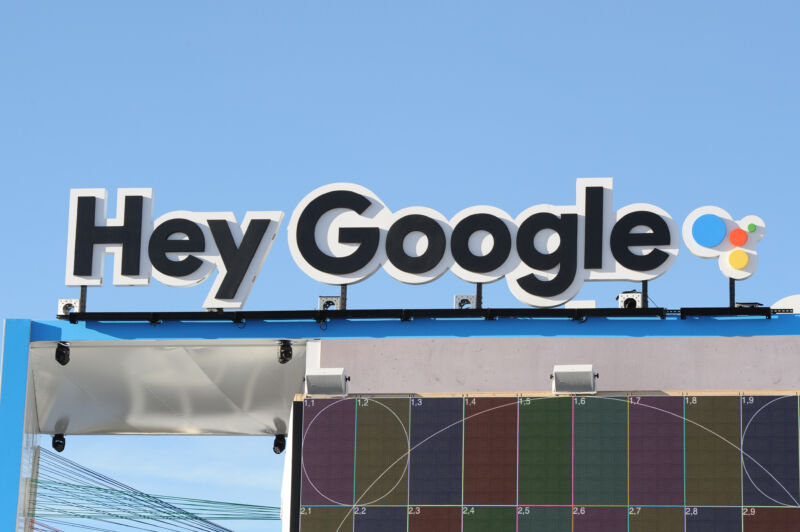
Move over Google Assistant, Google is apparently working on a new AI. The Information reports that Google is working on a new “Pixie” AI assistant that will be exclusive to Pixel devices. Pixie will reportedly be powered by Google’s new “Gemini” AI model. The report says Pixie would launch first on the Pixel 9: “Eventually, Google wants to bring the features to its lower-end phones and devices like its watch.”
So far, Google and Amazon reportedly have plans to reboot their voice assistants with the new wave of large language models. Both are only at the rumor stage, so neither company has promoted how a large language model will help a voice assistant. Today, the typical complaints are usually around voice recognition accuracy and response time, which a language model doesn’t seem like it would help with. Presumably, large language models would help allow longer-form, more in-depth responses to questions, but whether consumers want to hear a synthetic robot voice read out a paragraph-long response is something the market will figure out.
Another feature listed in the report is that Google might build “glasses that could make use of the AI’s ability to recognize the objects a wearer is seeing.” Between Google Glass and Project Iris, Google has started and stopped a lot of eyewear projects.
The move shows how Google has changed its thinking around AI assistants over the past decade. It used to view Google Assistant as the future of Google Search, so it wanted Assistant to be available everywhere. Google Assistant was a good product for a time, available on all Android phones, on iOS via the Google app, and via lots of purpose-built hardware like the Google Home/Nest Audio speakers and smart displays. Google Assistant never made any money, though. The hardware was all sold at cost, the software was given away to partners, and the ongoing costs of voice processing piled up. There was never any additional revenue to pay for the Google Assistant in the form of ads. Amazon is in the same boat with its Alexa: No one has figured out how to make voice assistants profitable.
Since Google Assistant is a money pit, The Information previously reported that Google plans to “invest less in developing its Google Assistant voice-assisted search for cars and for devices not made by Google, including TVs, headphones, smart-home speakers, smart glasses and smartwatches that use Google’s Wear.” The idea is for Google to double down on its own hardware, which, according to the previous report, is what Google thinks will provide the best protection against regulators threatening the company’s search deals on the iPhone and Android partner devices. “We’re going to take on the iPhone” is apparently the hard-to-believe mindset at Google right now, according to this report.
Making the next-gen Assistant exclusive to the Pixel 9 would fall into this category. Presumably, the ongoing money problem would then be solved, or at least accounted for, in the sales of phone hardware. The current Google Assistant was originally exclusive to the first Pixel and spread out to Google’s partners, but The Information’s reporting makes it seem like that isn’t the plan this time (though that could always change). No one knows what will happen to Google AI assistant No. 1 (Google Assistant) when AI assistant No. 2 launches, but killing it off sounds like a likely outcome. It would also be a way to cut costs and get Google Assistant off people’s devices.
The problem with doubling down on hardware is that Google Hardware is a small division that has previously been unable to support this kind of ambition. Going back to that quote about third-party devices, there are no Google cars, TVs, or smart glasses (the report says smart glasses are being worked on, though). Some years, Google’s existing hardware isn’t necessarily very good. In other years, long times will go by when Google doesn’t update some product lines, leaving them for dead (laptops, tablets). Google Hardware is also usually only available in about 13 countries, which is a tiny sliver of the world. Being on third-party devices protects you from all this. Previously, Google’s strength was the availability of its ecosystem, and you give that up if you make everything exclusive to your hardware.
https://arstechnica.com/?p=1991507

